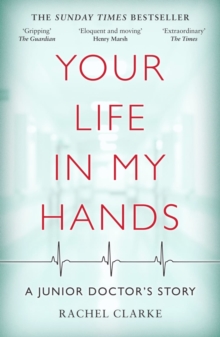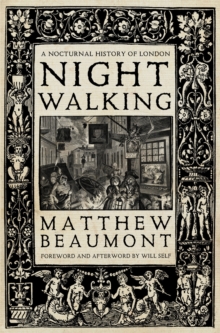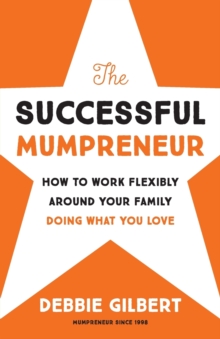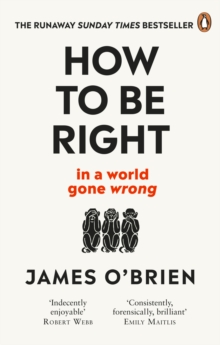[For previous discussions on complicating transcription, see my posts here and here]
A recent tweet about transcription by Professor Trisha Greenhalgh of the University of Oxford has caused considerable interest and reaction. As might be expected with my professional transcriber hat on, I have some thoughts!
![Screenshot_2020-02-19 Trisha Greenhalgh on Twitter I enjoyed writing this sentence in a paper Time we stopped mindlessly tr[...]](https://drjackiekirkham.wordpress.com/wp-content/uploads/2020/02/screenshot_2020-02-19-trisha-greenhalgh-on-twitter-i-enjoyed-writing-this-sentence-in-a-paper-time-we-stopped-mindlessly-tr....png?w=500)
Firstly, and possibly surprisingly, my first reaction wasn’t ‘this is the end of the world for my business’. Even since writing my first two posts about transcription, just over a year ago, technology has come on in leaps and bounds and I have to face the fact that there are some really good AI programmes out there which are making automated transcription much more accurate than it used to be. These will undoubtedly be gamechangers for cash-strapped students and researchers. Even for people who want, and are able, to pay someone like me to transcribe their sound files, there are surely ways to make the process more efficient. There will always be bits of redundant speech in any interview, and parts that are more or less relevant, and they can’t always be identified in advance, but if there is time for the interviewer to listen to at least the beginning and end of the recording before sending it to the transcriber, then a note to say ‘start from 2 mins 50 secs in’ and ‘don’t bother with the last 5 minutes’ is no bother, it saves me a bit of time, and you a bit of money, and the chitchat at the beginning and end which is never going to be used can be left out with no harm done to anyone.
Secondly, I was very struck by the phrase ‘mindlessly transcribing’. Anyone who’s spent any time at all in undertaking qualitative research can probably relate to it – even as a professional transcriber, there are times when it can be pretty mind-numbing work, and it will be even more so if you are a slow typist and don’t have decent equipment. But I’m not sure that’s what Prof. Greenhalgh meant, exactly – it’s not just that it’s, for many people, a boring and time-consuming (and thus resource-intensive) thing to have to do, but that it’s been seen as essential for demonstrating high-quality research and analysis for so long that this is no longer questioned, and it is one of those ‘givens’ that you just have to do and then you’ll have reached the required standard. I think it’s great and important that this assumption is challenged, and there are no doubt a number of other ‘givens’ in research that could probably benefit from the same. Anything that helps researchers reflect on why they’re doing what they’re doing is surely a good thing – when we pride ourselves on rigorous and insightful analysis, ‘because we’ve always done it like this’ shouldn’t be acceptable in our research methods.
The other word in Prof. Greenhalgh’s tweet which leapt out at me was ‘necessarily’. She is right of course – the mere act of transcribing and entering the transcript into NVivo (or whatever other analysis software you are using) of course doesn’t ensure anything at all, other than you’ve spent the time doing it. However, I do worry a little bit about throwing out the baby with the bathwater. My experience in my PhD was that having to retranscribe every interview (because several of them had been initially transcribed inaccurately by someone else) and then going through them to code each transcript in NVivo meant that I was completely immersed back in my data in a way that I couldn’t be when working with my fieldnotes (although the fieldnotes were immensely helpful in conjunction with the transcript as a prompt for reflection and analysis). Of course as a PhD student I had the luxury of time that most employed academic researchers don’t have, but as a formative experience, that transcription work was incredibly useful to me to reflect on my performance as an interviewer, and the information that I was able to elicit (or not), which I’m sure positively influenced the researcher I became. Later on when I was a postdoc, my interviews were transcribed by somebody else (a sensible use of time and resources, much better than getting me to use my more expensive time doing it), but even so the coding work and going back to the written transcripts also made that immersion in the data more smooth. An additional factor in that particular study was that although we were working in a team of researchers, I was the only person conducting the interviews, so the written transcripts, cumbersome as they were, did allow my colleagues to access the data reasonably straightforwardly. I am aware that the sound files could be shared, as an alternative to sharing the written transcription, and time stamps given of relevant sections so that they could listen to the relevant section without having to plough through irrelevant chitchat, but in our experience when we were analysing the data, quite often colleagues picked up on different issues than I had, whereas if they’d just been working from my fieldnotes and suggestions of relevant passages, that richness of collaboration might have been less likely.
I do realise, of course, that a single tweet can’t cover all the nuances and issues involved in a complex issue like this. I welcome the honesty of the proposed sentence in her forthcoming paper, and particularly welcome the disruption of some of the methods section shorthand which is included unquestioningly in seemingly every paper these days (it’s not just transcription that this relates to; use of grounded theory is another obvious one!). I understand from a subsequent tweet that Prof. Greenhalgh is considering writing a paper leading on from the discussion her initial tweet engendered, and I for one can’t wait to read it. I would caution against throwing the baby (and let’s be honest, part of my business) out with the bathwater, but am absolutely all for reflection on why we do what we do, and considering how we can ensure it is still fit for purpose.





